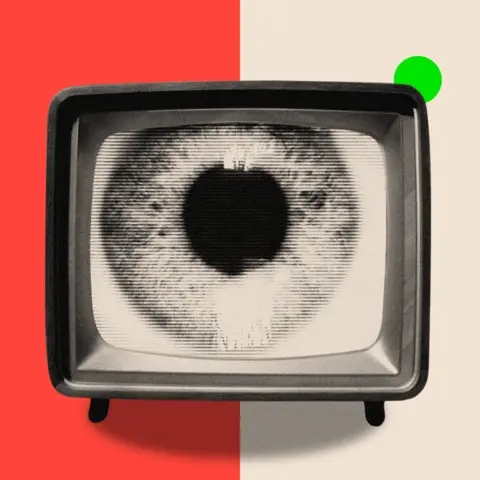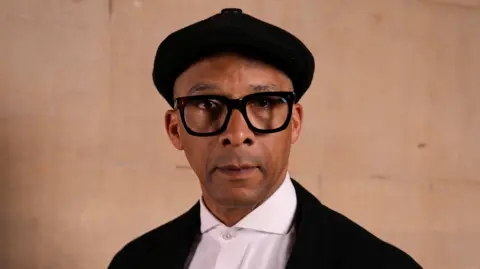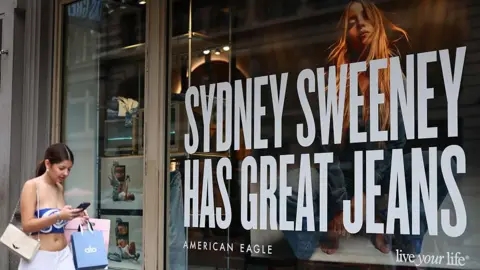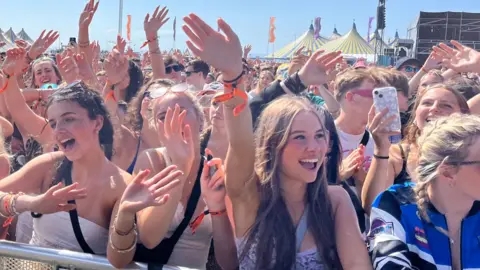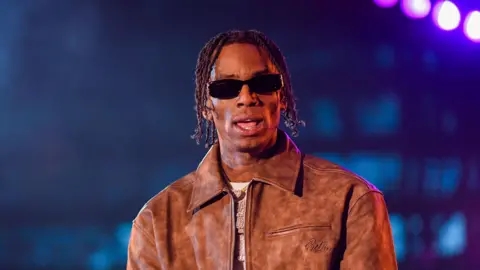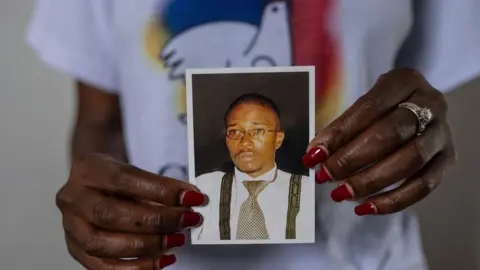Twenty-five years ago, a television experiment reshaped entertainment—and perhaps society itself. When Big Brother first aired, few could have predicted its lasting influence. The show, which placed ordinary people under constant surveillance, sparked debates about ethics, voyeurism, and human behavior. Yet beyond the controversy, reality TV has quietly shaped how we understand social dynamics, relationships, and even ourselves.
From Moral Panic to Cultural Staple
The early days of reality TV were met with outrage. Critics dismissed it as exploitative or mindless entertainment. When Big Brother contestant Nick Bateman was ejected for rule-breaking, the incident dominated headlines, with commentators decrying the show’s impact on morality. Yet audiences kept watching. Millions tuned in, drawn to the raw, unfiltered interactions of real people—not polished celebrities.
Today, reality TV spans everything from dating shows like Love Island to high-stakes competitions like The Traitors. While concerns remain—particularly around participant welfare—some experts argue these programs offer unexpected social benefits.
A Window Into Different Lives
Unlike scripted dramas, reality TV often features diverse casts, exposing viewers to perspectives outside their usual experience. Sociologists suggest this can foster empathy, helping audiences recognize biases or understand struggles they might not encounter in daily life.
For instance, when Big Brother winner Pete Bennett, who has Tourette’s syndrome, became a fan favorite, it challenged stereotypes about disability. Similarly, shows like Embarrassing Bodies have destigmatized health conditions by normalizing open discussions.
Sparking National Conversations
Reality TV frequently ignites debates on sensitive topics. Contestants discussing gaslighting or racial microaggressions have prompted wider discussions—sometimes leading to policy changes. After a Celebrity Big Brother incident involving racial bullying, public backlash forced producers to reconsider how they handled conflict.
Even constructed drama—where producers engineer scenarios—can reveal societal norms. When Made in Chelsea cast members navigated staged conflicts, viewers still dissected their behavior, questioning ethics and relationship dynamics.
The Dark Side and Reforms
The genre’s risks are well-documented. Participants have faced mental health struggles, trolling, and exploitation. Following tragedies linked to reality shows, regulators and producers introduced stricter welfare measures, including psychological support and social media training.
Yet despite its flaws, reality TV endures—not just as entertainment but as a cultural barometer. It reflects our values, prejudices, and evolving norms. Whether holding up a mirror or shaping the reflection, its influence is undeniable.
Love it or hate it, reality TV has changed how we see the world—and ourselves.
